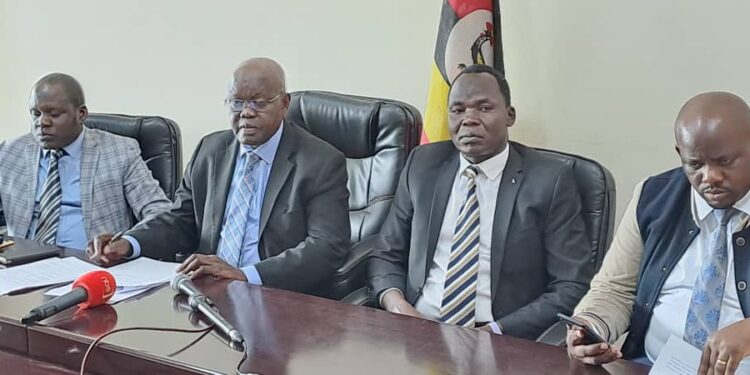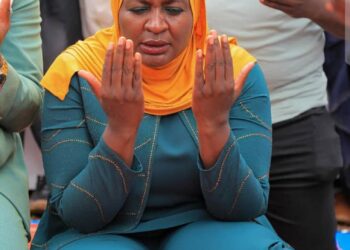In a significant legal development within the realm of medical education in Uganda, the Uganda Medical and Dental Practitioners Council (UMDPC) has initiated a challenge against King Ceasor University’s capacity to train health practitioners.
This contentious issue raises questions not only about the university’s compliance with medical education standards but also about the regulatory framework that governs the training of healthcare professionals in the country.
As the dispute unfolds, it sheds light on the delicate balance between academic autonomy and the imperative to maintain rigorous standards in the medical field.
UMDPC finds itself at the forefront of a legal battle as it contests the legitimacy of King Ceasor University’s role in shaping the next generation of doctors. The dispute underscores a broader concern about the quality and adherence to established medical education standards. This clash between a regulatory body and an educational institution brings to the forefront the complexities of ensuring that medical professionals are adequately trained to meet the nation’s healthcare needs.
Challenging the capacity of King Ceasor University to fulfil the vital task of training doctors, UMDPC is embroiled in a legal tussle that exposes underlying issues in the governance of medical education.
According to the Chairperson of UMDPC, Prof Joel Okullo Odom, the dispute not only probes into the specific practices of the university but also prompts a broader examination of the regulatory mechanisms in place.
Speaking with journalists on Monday at Mulago, Prof Odom asserted that UMDPC has visited several of these universities and identified areas that may lead to the production of doctors that may not meet the standards and many have been responding positively to the recommendations.
“When we went to the university that the question, we found issues of infrastructure, we found issues of training, issues of numbers which we shared with them in the hope that they would rectify them but failure to do that, it means that the product that is coming out of a poor system can not be the kind of doctors that we want not what they do, there is that thing which they say garbage in garbage out, there the product that comes from that university needs more scrutiny,” he said.
He added that there are many doctors in the pipeline coming through this fake system of medical training, which he warned is a bigger worry than the ones that are already out. He also noted that such stringent conditions have been made on several universities in Kenya, Tanzania and Burundi, therefore King Caesor University is not being targeted since the system which is being used applies to all medical schools within the East African region.
“For the desires we have for the medical profession in this country and desires of regulating the professional, we can not hold our hands and watch this scenario go on. So we have got two plans, the short-term plan is that we will appeal against the ruling while the long-term plan is that we shall look forward to amending our Acts so that we can work more effectively and more efficiently,” Prof. Odom warned.
UMDPC’s response follows the recent court ruling by Justice Sekaana Musa which gave a green light to the University in question to continue teaching doctors and also issued a declaratory order that all the medical graduates from King Ceasor University who duly completed Bachelor of Medicine and Bachelor of Surgery (MBCh.B) have a right to be deployed for internship.
The judges also issued an order of Mandamus compelling the 1st respondent (students) to forward the names of the applicants and other medical graduates from King Ceasor University for medical internship.
However, the ongoing legal saga underscores the gravity of the concerns raised by the regulatory body regarding the university’s competence in training future doctors. The eventual ruling will have the potential to shape not only the fate of this particular institution but also influence the broader landscape of medical education governance in Uganda.
Do you have a story in your community or an opinion to share with us: Email us at editorial@watchdoguganda.com













